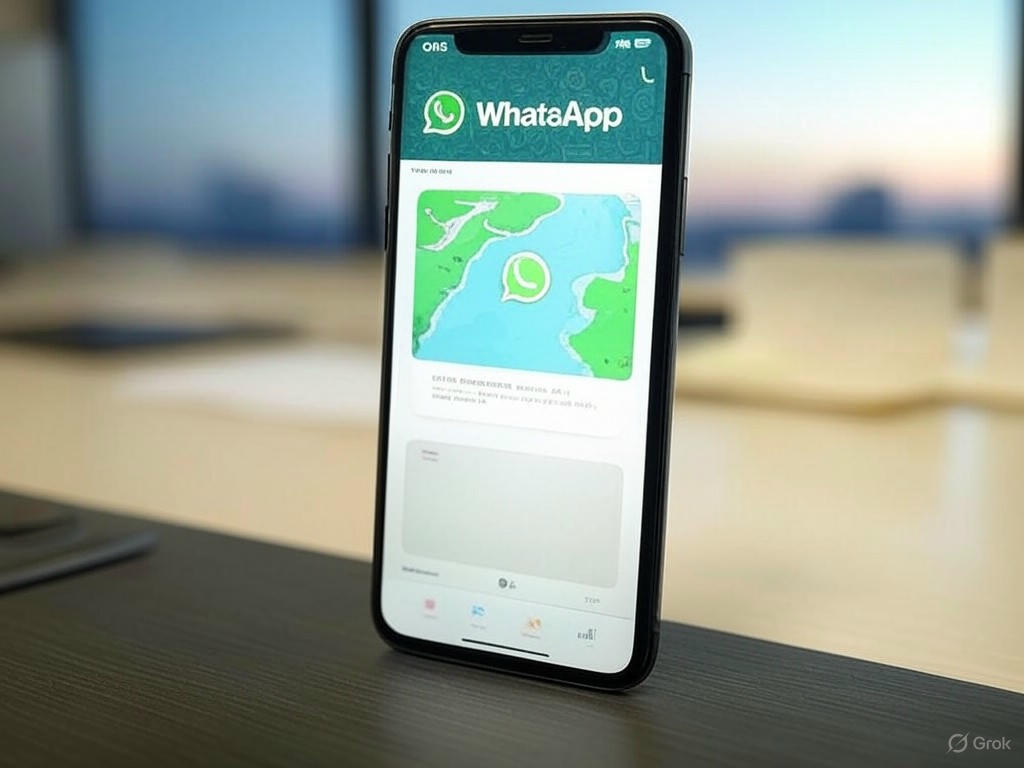WhatsApp Welcomes Ads: A New Era for Messaging Apps
In a move that marks a significant shift for one of the world’s most popular messaging platforms, WhatsApp has confirmed it will begin integrating advertisements into its interface. This development, announced recently, signals a departure from the app’s traditionally ad-free environment, which has been a key selling point for its billions of users since its inception. As of now, the company is taking a cautious approach, with ads being introduced slowly to gauge user response and minimize disruption.
The advertisements will be strategically placed within the Updates tab, a section of the app primarily used for status updates and temporary content shared by users and businesses. This placement is likely a deliberate choice to avoid cluttering the main chat interface, where personal and group conversations take place. By confining ads to a less intrusive area, WhatsApp aims to balance its monetization goals with the need to preserve user experience. While specifics about the ad formats remain under wraps, early reports suggest they could include promotional banners or sponsored status updates from brands looking to reach the app’s massive global audience.
This decision comes as no surprise to industry watchers. WhatsApp, owned by Meta, has long been exploring ways to generate revenue beyond its core messaging service. Meta has successfully monetized other platforms like Facebook and Instagram through targeted advertising, and bringing a similar model to WhatsApp could unlock significant financial potential. However, the move also raises questions about user privacy, a cornerstone of WhatsApp’s appeal. The app has faced scrutiny in the past over data-sharing concerns with its parent company, and the introduction of ads might reignite debates about how user information is handled. To address such concerns, WhatsApp will need to ensure transparency about data usage and provide users with control over ad personalization.
For businesses, this update presents a golden opportunity. With access to WhatsApp’s vast user base, companies can engage directly with potential customers in a space that feels personal yet scalable. Small businesses, in particular, could benefit from affordable ad options to promote products or services through status updates or targeted campaigns. However, the success of this advertising venture will hinge on how seamlessly ads blend into the user experience without feeling intrusive or overwhelming.
As WhatsApp rolls out this change gradually, the coming months will be critical in shaping public perception. Will users embrace this new revenue model, or will they seek alternatives that prioritize an ad-free experience? The messaging giant must tread carefully to maintain the trust and loyalty of its community. For now, all eyes are on how this experiment unfolds, as it could set a precedent for other communication platforms considering similar monetization strategies. WhatsApp’s journey into the world of advertising is just beginning, and its impact on the digital landscape promises to be a story worth following.


